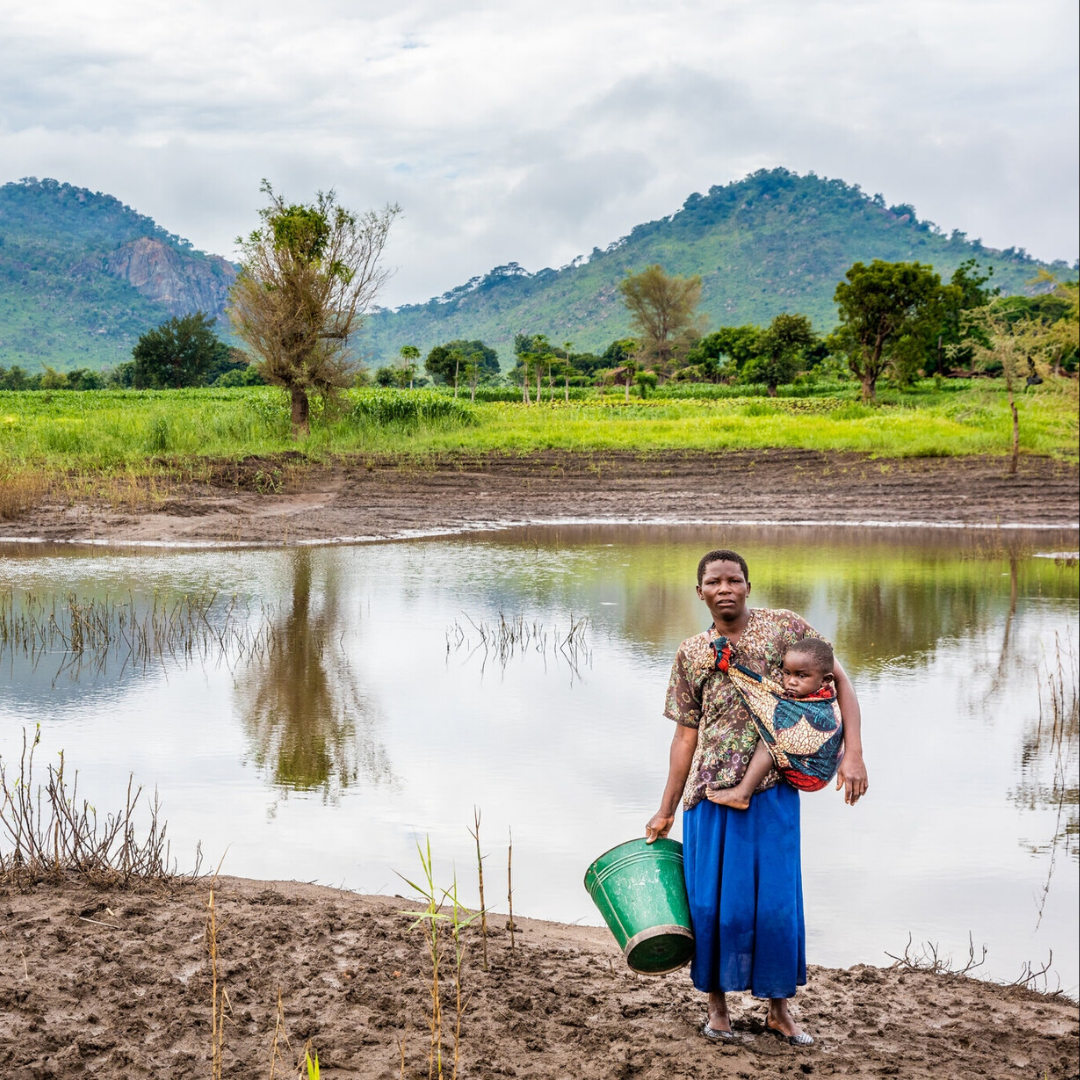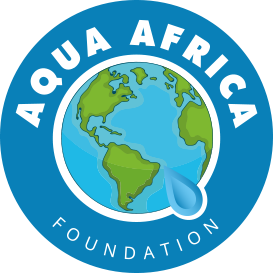
Due to the uncomfortable clarity of scientific analysis, in 2018, researchers from the European Commission’s Joint Research Center applied “innovative analysis of past cross-border water conflicts and cooperation events” to determine “current and future water problems are more likely to occur”. Regions, and water cooperation should be actively carried out to avoid possible tensions.” In the subsequent paper-“An innovative method for assessing hydropolitical risks: spatially clear, data-driven indicators for hydropolitical issues”-did not The emotional phrase “water war” is actually used everywhere. After all, it is more common in news headlines than serious academic publications. But the first huge water war in the 21st century is exactly the “risk” in question, and in the Horn of Africa, this risk is about to become a tragic reality.




